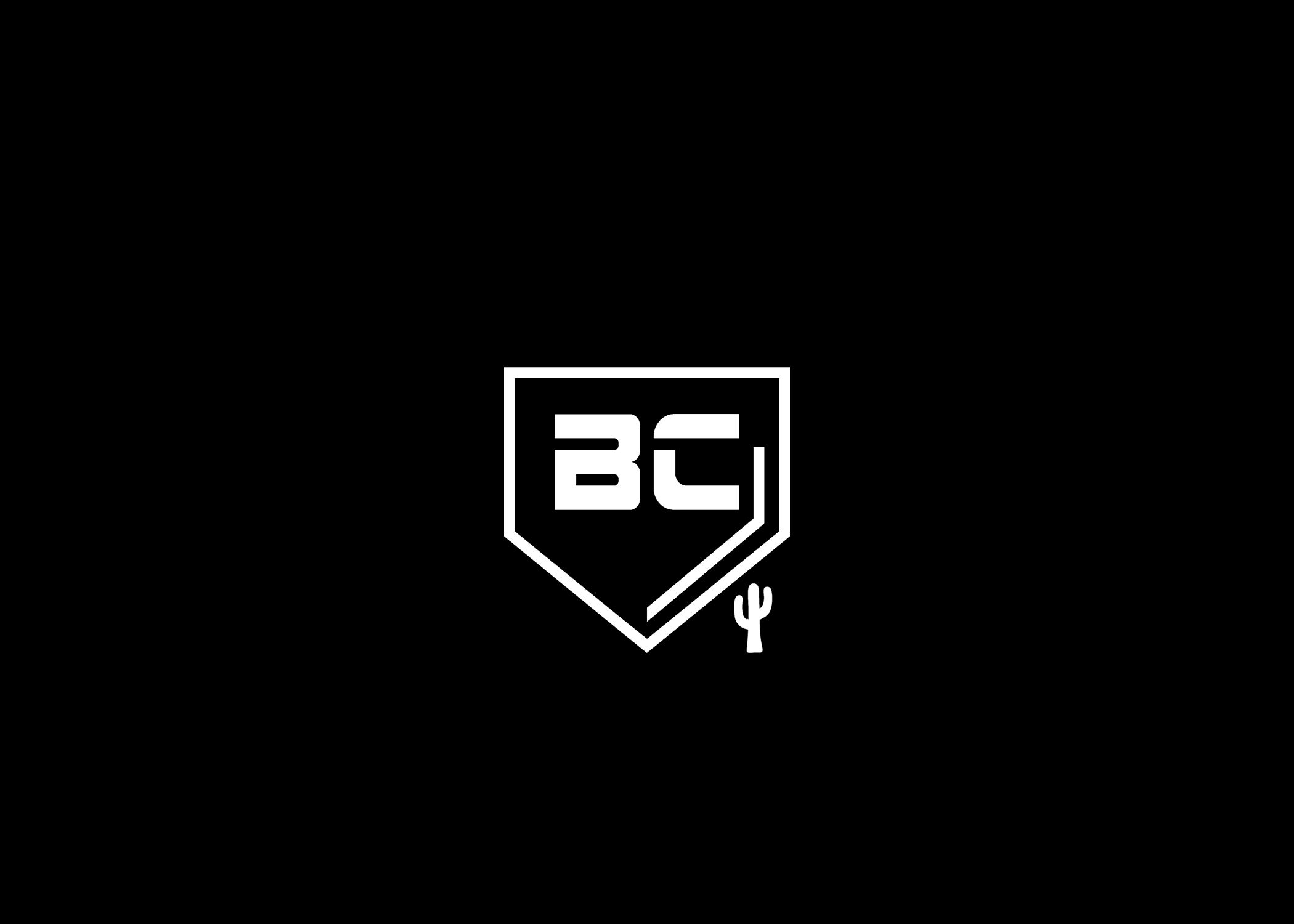Should you quit playing baseball ?

As a coach, I've seen many players lose their desire to play the game of baseball. Coinciding with losing that desire is often a reluctance to actually throw in the towel. I've tried convincing players to stick it out; however, it's not up to me, any other coach, or parent to make that decision. I am, however, going to recommend that you run through this checklist before making your decision.
There's a negative connotation to the word "quit." For me personally, just hearing the word sounds like a challenge or even a call to action in which I will now make it my sole purpose not to quit. When I use the word "quit" throughout this article, exchange it in your mind with "walk away from" or "retire." I mean it; players need to understand that walking away from sports is an okay thing to do. I've watched many kids squander opportunities that would greatly benefit them in life simply because they didn't want to admit that they walked away from something. It’s foolish to continue on if you have a calling elsewhere simply because you’re too proud to hang it up.
If you’re a player debating if you should walk away from the game I encourage you to read and answer these three questions. When you’re through answering them you should have quite the clarity with your decision.
Do you know why you're quitting?
Please do not quit because of someone else. Don't let a coach, player, or environment make you quit playing the game of baseball. If one of those is causing you to want to quit, I recommend asking yourself if quitting is the right choice or if the correct choice is leaving your current situation. So many players stop playing a game they love simply by playing at the wrong school, having a rotten coach, or having rotten teammates. Unfortunately, most players who end up quitting don't realize that they quit for someone else instead of quitting because they wanted to walk away from the game.
Do you still love playing the game?
I hope you noticed that I said "still love playing the game," not "still love the game." There's a big difference. Some ballplayers make the mistake of thinking that loving the game of baseball is the same as loving to play the game of baseball when, in reality, those are two very different things. The older you get, the more the definition of fun within baseball changes. Fun used to be going to practice once a week, playing a game or games on weekends, and then capping that off with an after-game snack or maybe a meal. A lot of players then go into high school expecting a continued version of that, and most are rudely awakened. The most important thing now for most competitive schools is winning, and what's the formula for winning? Time. Time in the form of practice, lessons, tournaments, workouts, bus rides. Fun is now redefined as winning, and winning comes off the back of commitment to all the aforementioned things. Commitment finally comes with sacrifices. If you're not okay with making many, many sacrifices for the cause of winning, then that is a great indicator it's time for you to quit.
Do you have a goal in baseball?
Having goals is powerful. One of the most powerful goals a baseball player can have is to play at the next highest level. Maybe it's wanting to play at your dream school; maybe it's just wanting to earn a scholarship to any school at all. For some, playing college baseball is just a step towards their goal of playing professional baseball. Wanting to play at the next level is a goal that aligns with most every high school goal of being a winning or at least a competitive ball club. If you don't have any interest in competing at the next level, and you don't really have a goal that's going to push you to be the best high school player you can be, you're going to find yourself at odds with a coaching staff, with teammates, and most likely the sport as a whole.
My hope is that by answering these three questions for yourself, it should direct you down the correct path of making the difficult decision to move on to the next chapter of your life, which in all likelihood will be the first chapter without baseball in it. Remember, it doesn't mean you can't like baseball anymore; all it means is you're not trying to compete within the game of baseball anymore.
